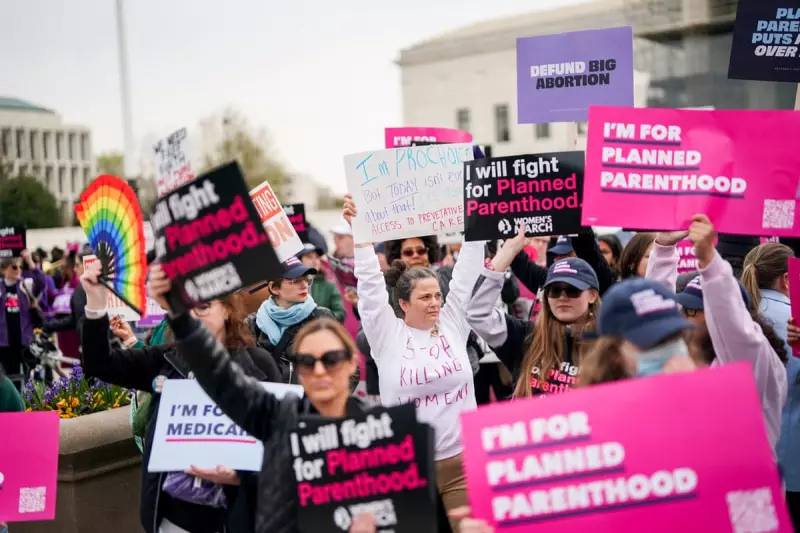
The Trump administration has ignited a political firestorm with a sweeping new proposal designed to sever Medicaid funding for Planned Parenthood affiliates across the United States. This move represents the most aggressive attempt yet to defund the organisation, posing a direct threat to healthcare access for millions of low-income Americans.
Unveiled by the Centers for Medicare & Medicaid Services (CMS), the draft regulation would empower states to exclude Planned Parenthood and other providers primarily offering abortion services from their Medicaid programmes. Medicaid is the vital joint federal-state health insurance programme that serves nearly 90 million low-income and disabled people.
A Direct Attack on Reproductive Healthcare
This policy is a clear escalation in the long-standing conservative campaign against Planned Parenthood. While federal law already prohibits the use of government funds for most abortions (except in cases of rape, incest, or danger to the mother's life), the organisation relies heavily on Medicaid reimbursements for providing a vast range of other essential health services.
These critical services include:
- Cancer screenings and preventative care
- Sexually transmitted infection (STI) testing and treatment
- Contraception and family planning services
- Well-person exams and general health consultations
For countless patients, Planned Parenthood is their primary, and sometimes only, healthcare provider.
Immediate Political and Legal Backlash
The proposal has been met with fierce condemnation from Democrats, reproductive rights advocates, and medical associations. Critics condemn it as a politically motivated attack that will disproportionately harm vulnerable communities, including people of colour and those in rural areas with limited healthcare options.
Legal challenges are guaranteed. Opponents will argue the rule violates federal law, which guarantees Medicaid patients the right to seek care from any qualified provider. The administration is attempting to circumvent this longstanding statute, known as the free choice of provider provision, by redefining the terms of qualification.
What Happens Next?
The draft rule now enters a public comment period, after which the administration could finalise it. However, immediate and protracted legal battles will follow, likely stalling its implementation for months or even years. The outcome of the upcoming presidential election will also be decisive, as a new administration could swiftly overturn the rule.
This move signals a pivotal moment in the American healthcare landscape, setting the stage for a bitter constitutional and political fight over the future of reproductive rights and access to essential medical care for the nation's most marginalised citizens.





